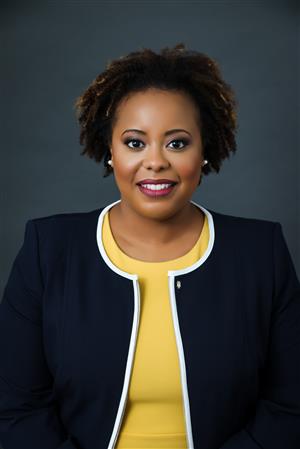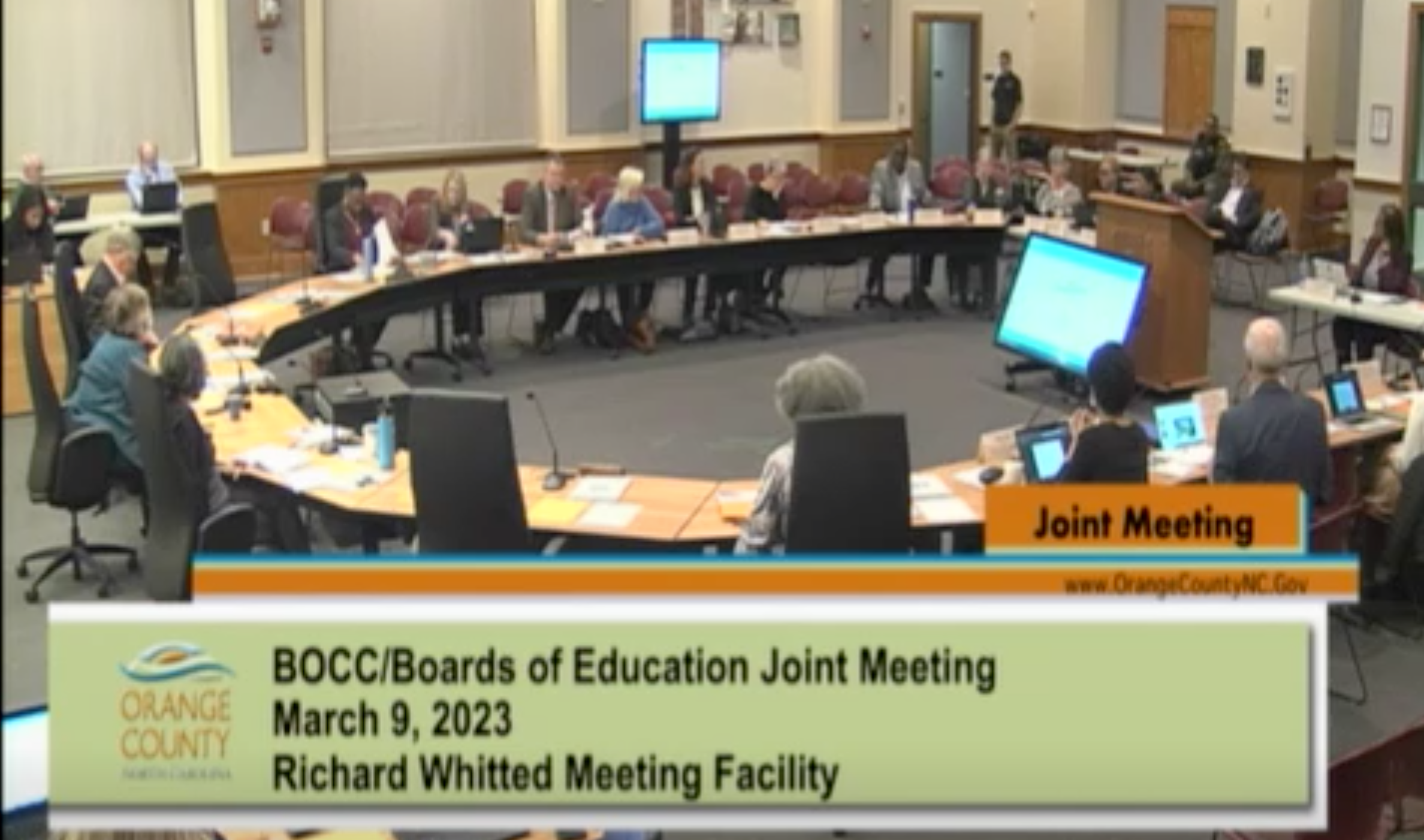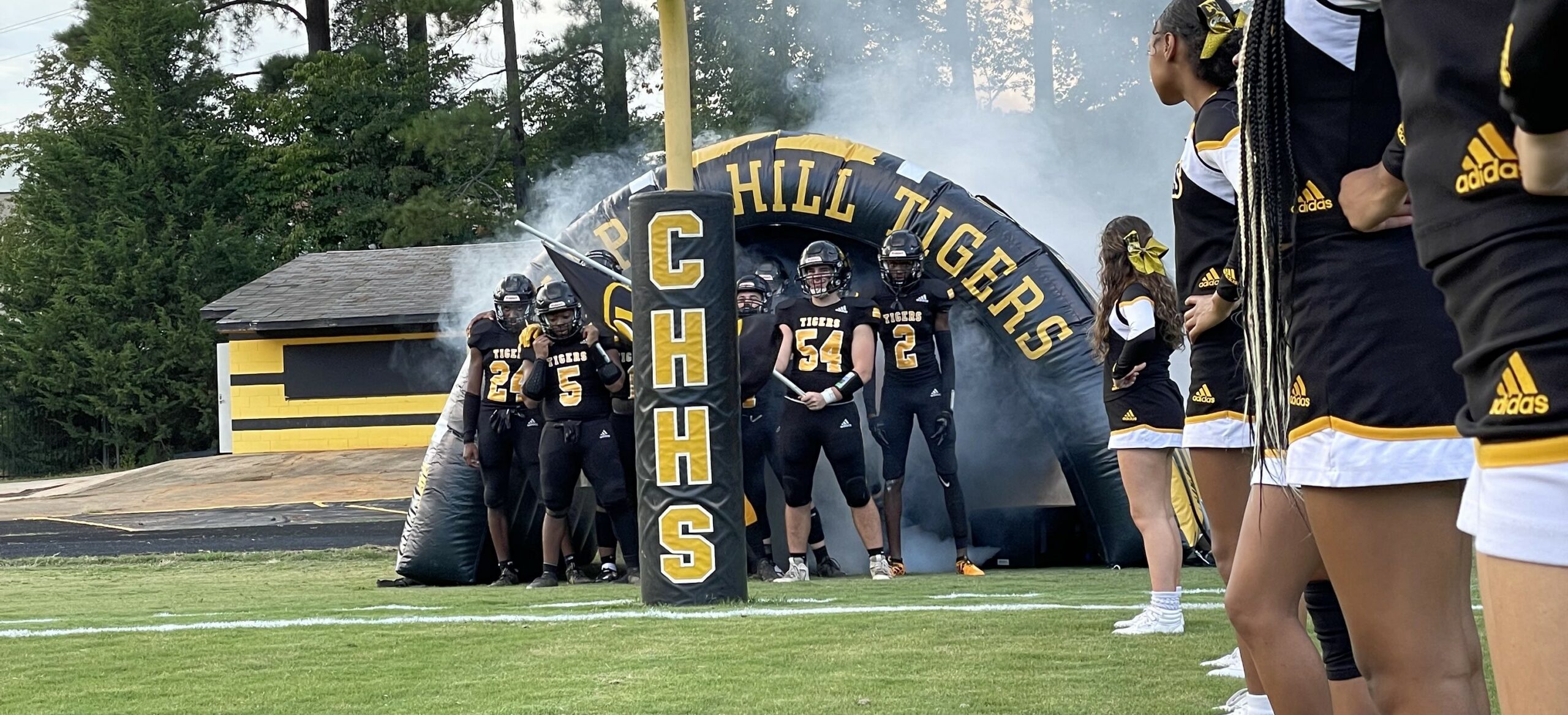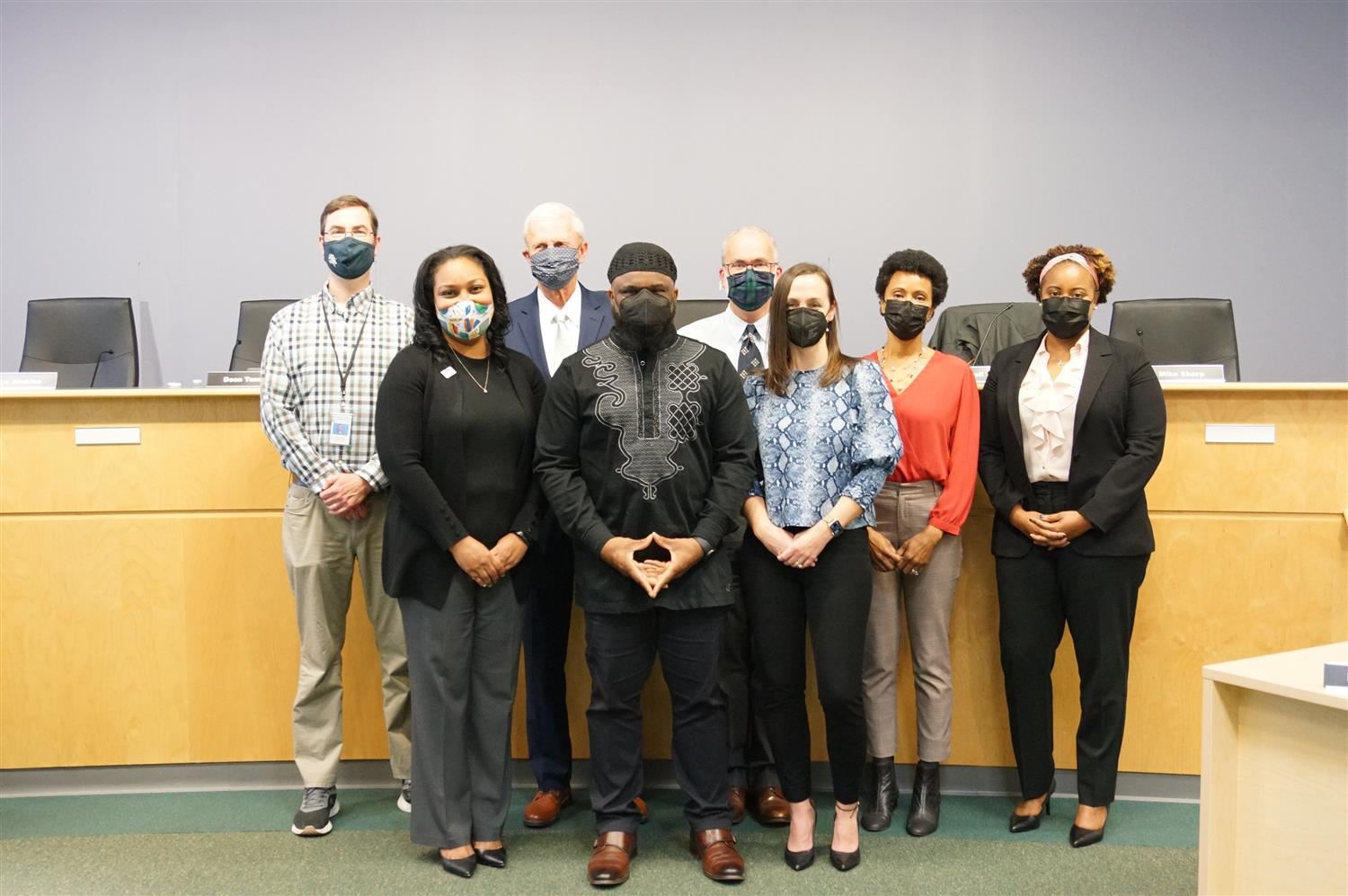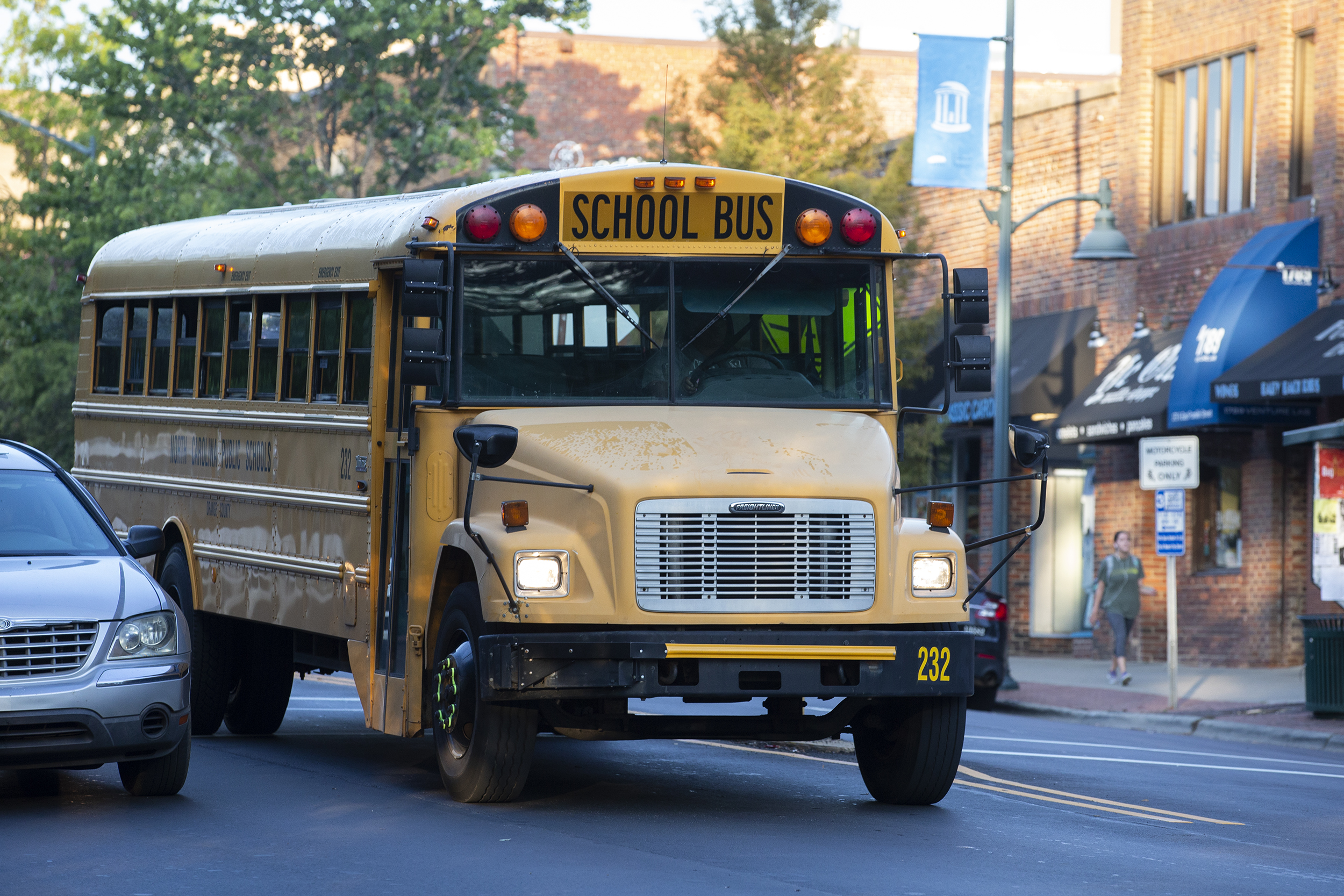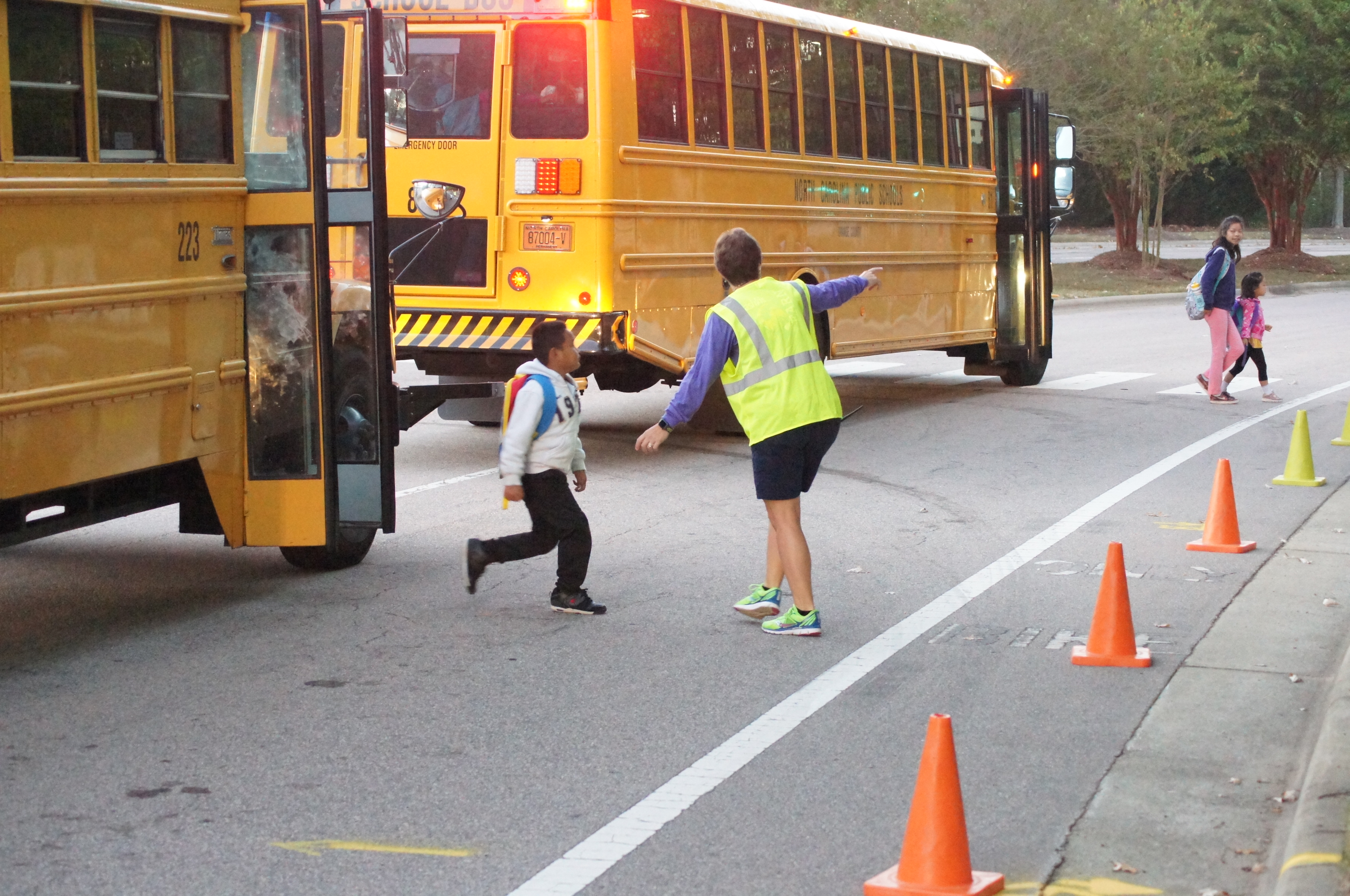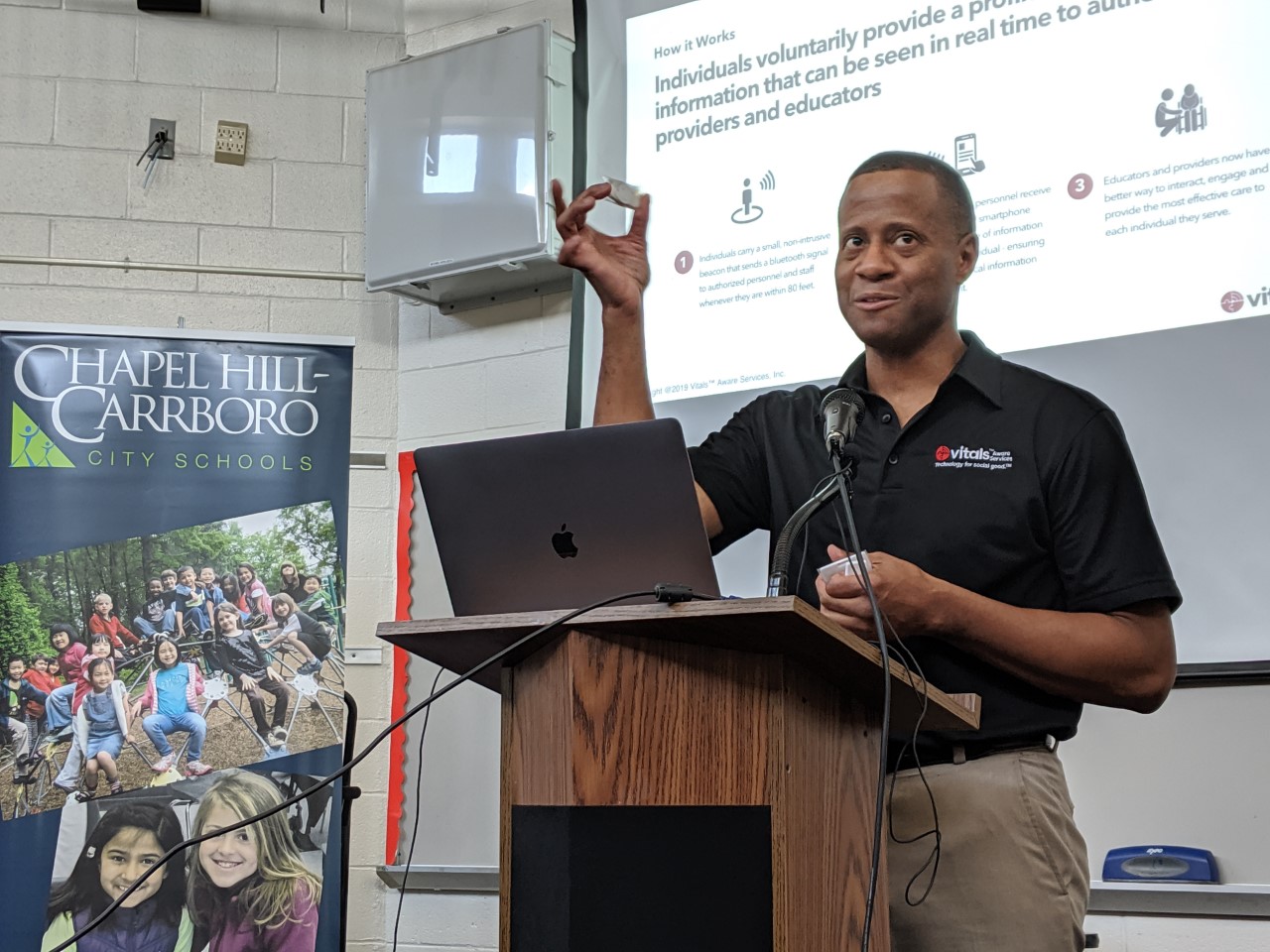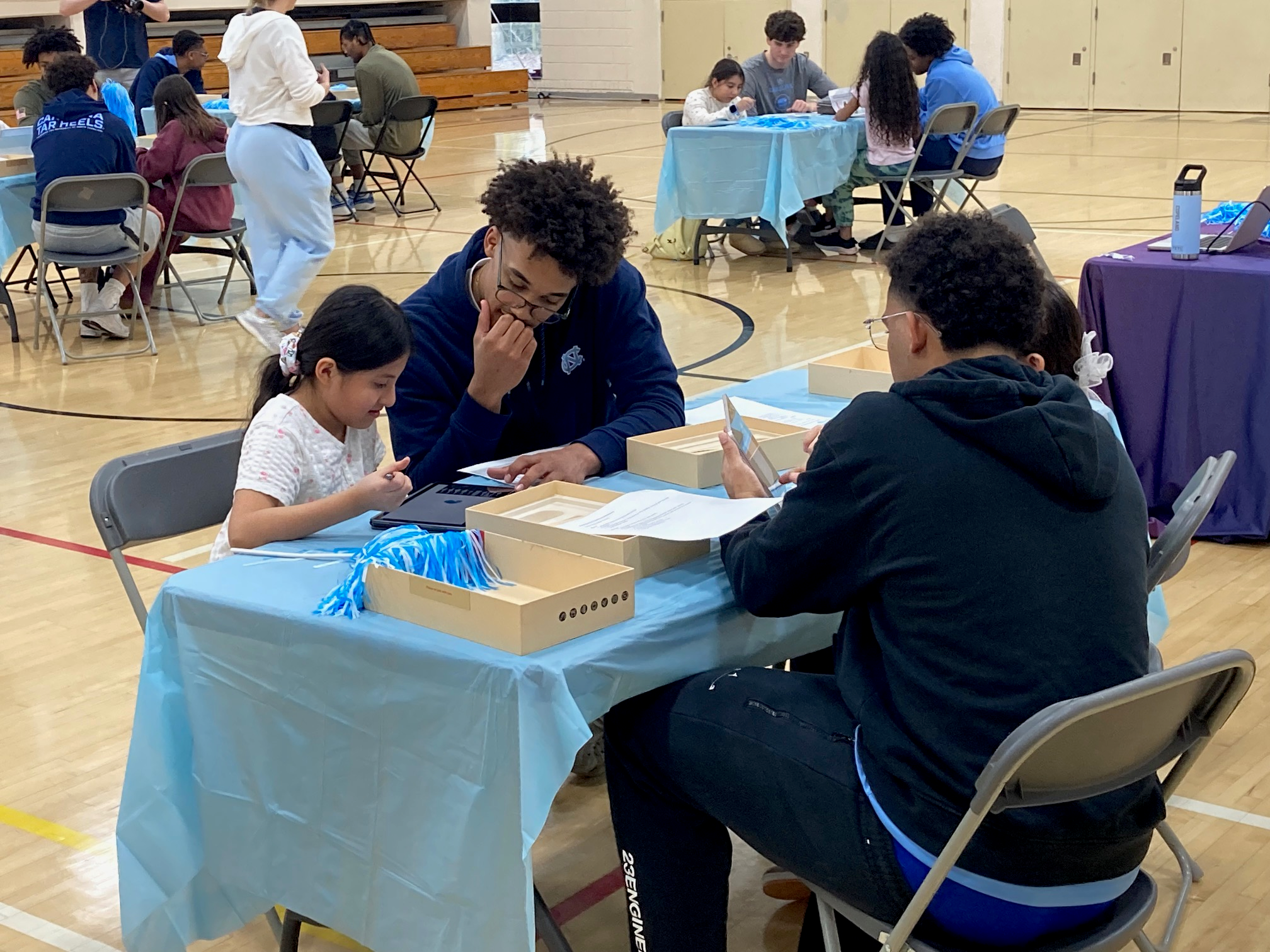After last week’s mass shooting in Texas, everyone’s thoughts are focused on our schools. How do we keep them safe? How do we help students – and teachers and staff – process their own feelings? And how can we make our schools a place where learning can take precedence, where everyone can feel safe and secure without the building having to be a fortress?
97.9 The Hill’s Aaron Keck spoke last week with Dr. Nyah Hamlett, the superintendent of Chapel Hill-Carrboro City Schools.
Listen to their conversation.
Aaron Keck: I know we’re all still processing what happened – what are your thoughts?
Nyah Hamlett: Hearing about the tragedy in Texas really was just heartbreaking. Unfortunately, just coming off the heels of the situation in Buffalo and other mass shootings across the country, it’s just – this feeling of not wanting to become numb to it, you know? But just, just heartbroken, seeing the faces of those sweet babies, fourth graders in Texas, it just breaks my heart.
Keck: To what extent have you been able to speak with students, parents, faculty members, teachers, staff? What have they said?
Hamlett: Well, the main students that I’ve had direct conversations with are the ones who live in my own household. I have a kindergartner, a fourth grader, and an eighth grader. I’ve actually used the resources that the district shared with administrators and support staff, to reassure our children that they’re safe, making time to talk with them, but also not forcing them to have this conversation if they’re not ready for it or if it’s just a little bit too much. You know, my five-year-old referenced the shooting in the New York subway, (which) I think was a couple of months ago. I didn’t even know he was paying attention to something like that.
Keck: What are some of the resources that the district has available to help kids process this? And to help staff members and teachers process this as well?
Hamlett: We’ve shared several links to resources for staff members and parents to use. I used one from the National Association for School Psychologists that shares eight tips (for parents and teachers) about talking to children about violence, ensuring that when you’re explaining acts of violence that it’s developmentally appropriate, depending on the age of the child.
Read that page, “Talking to Children About Violence: Tips for Parents and Teachers.”
We also have a website, CHCCS CARES, which stands for Creating Advocates for Relational and Emotional Safety. And we’ve added those resources to that website so that parents and staff alike can access them as needed.
Click here for a list of available resources from CHCCS CARES.
Keck: If there are students at the schools who need help, want to talk to someone, and they want to reach out, how do they do it? Who do they reach out to, who’s available?
Hamlett: Of course our school administrators, but (also) our school counselors, psychologists, (and) social workers – we also are fortunate in CHCCS to have mental health specialists – and then also our school nurses. Especially in this time with continued COVID matters, school nurses have really become trusted adults for our students.
Keck: Do you have thoughts about the student walkouts, the students who are making their voices heard in that way?
Hamlett: You know, I always say: when students lead, we should follow. CHCCS is a community that ensures that there are trusted adults there to support students, (and) part of that support sometimes is just standing there, ensuring that they’re safe but also allowing them to display their protests in the most appropriate way possible. So I’m supportive of students who choose to advocate or protest in that way. When students lead, we should follow, and take heed to what they’re trying to communicate to us.
Keck: Turning to the safety question now: I know in your statements, you said that there had been an additional law enforcement presence on school campuses, in the couple of days after (the Texas shooting), with more discussions to follow. What is being done right now, and what’s in the works, to make sure that school campuses are and remain safe at CHCCS?
Hamlett: While we do have school resource officers in our secondary schools, we have (also) asked that the Chapel Hill and Carrboro police departments check in on kids and staff through the end of the school year, ensuring that there’s an increased presence. This extra sense of security is what we really want to make sure is front and center. And like I said in my message to our school community: even if it gives just one person an extra sense of security, if it’s just one child or one parent who happens to see a police officer as they’re dropping their child off for school, if it just gives one person a sense of security, then it would have all been worth it.
Keck: That’s such a difficult tightrope to walk. I keep coming back to a conversation I had – I teach some semesters at Durham Tech, and I remember a conversation that I had not too long ago with someone, where I was talking about the way that I conduct my class, and they said “oh, I wouldn’t do it that way, because what if there’s a school shooting?” I don’t even remember what the context was, but I had this thought of, man, if I’m making curriculum decisions or planning my class based on that as the first point of concern, then we’ve already lost. As a community, as a society. We should never get to that point. But you also have to be concerned about safety. So – how do you balance that? You’ve got to be concerned about safety, but not in a way that makes the school feel like a fortress, or that makes people feel like safety has to be the driving factor in every single thing that they do and think about. It’s still got to feel like a school. How do you make that happen?
Hamlett: Safety is more than just about physical safety, right? We really try to emphasize feelings of wellness and physical, emotional, and social safety. And I am a firm believer that – despite the tragic events that have happened and the increased fear and psychological disruption – having high quality affirming educational experiences really begins and ends with those feelings of wellness and physical, emotional, and social safety.
That said: reassuring people that they’re safe can be difficult when we know that just in 2022 alone, there have been 27 school shootings across the country. So we have to balance that reality with that sense of security and safety, emphasizing that schools are safe while also validating people’s feelings, and then really emphasizing that we’re here together and we’re in this together, and that safety is our priority.
Keck: A lot of people’s thoughts are also turning to the question of what can be done to prevent this from happening, to make schools safer, (and) to prevent or at least reduce the number of mass shootings. With that in mind: what do you need policymakers to do that would help you? What resources do you need? What laws do you need?
Hamlett: I saw recently that in Scotland, there was one school shooting 26 years ago, and their legislators took immediate action. (And) in those 26 years, since that school shooting happened, they haven’t had another one since. So (for) someone like me as a school district administrator who wants to prioritize safety and wellness and student learning, and ensuring that a school experience is a joyful experience – then I need legislators to make a change, to make it more difficult for people to access firearms and make mental health services readily available.
And I know that there are shortages and there are all kinds of barriers and things. But, you know, when we begin to emphasize power or money, to prioritize those things over the safety and the wellbeing of those beautiful children and the many people that we’ve lost across this country, then we have to take a hard and fast look at what we stand for as a country, and what matters most.
Keck: Thank you so much for being with us today and for sharing your time.
Hamlett: Absolutely. Thanks again for having me. And hopefully next time, we’ll be able to have a brighter discussion.
Chapelboro.com does not charge subscription fees, and you can directly support our efforts in local journalism here. Want more of what you see on Chapelboro? Let us bring free local news and community information to you by signing up for our biweekly newsletter.

